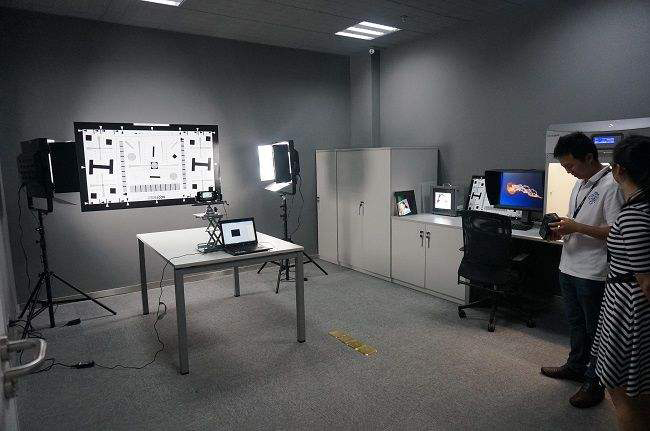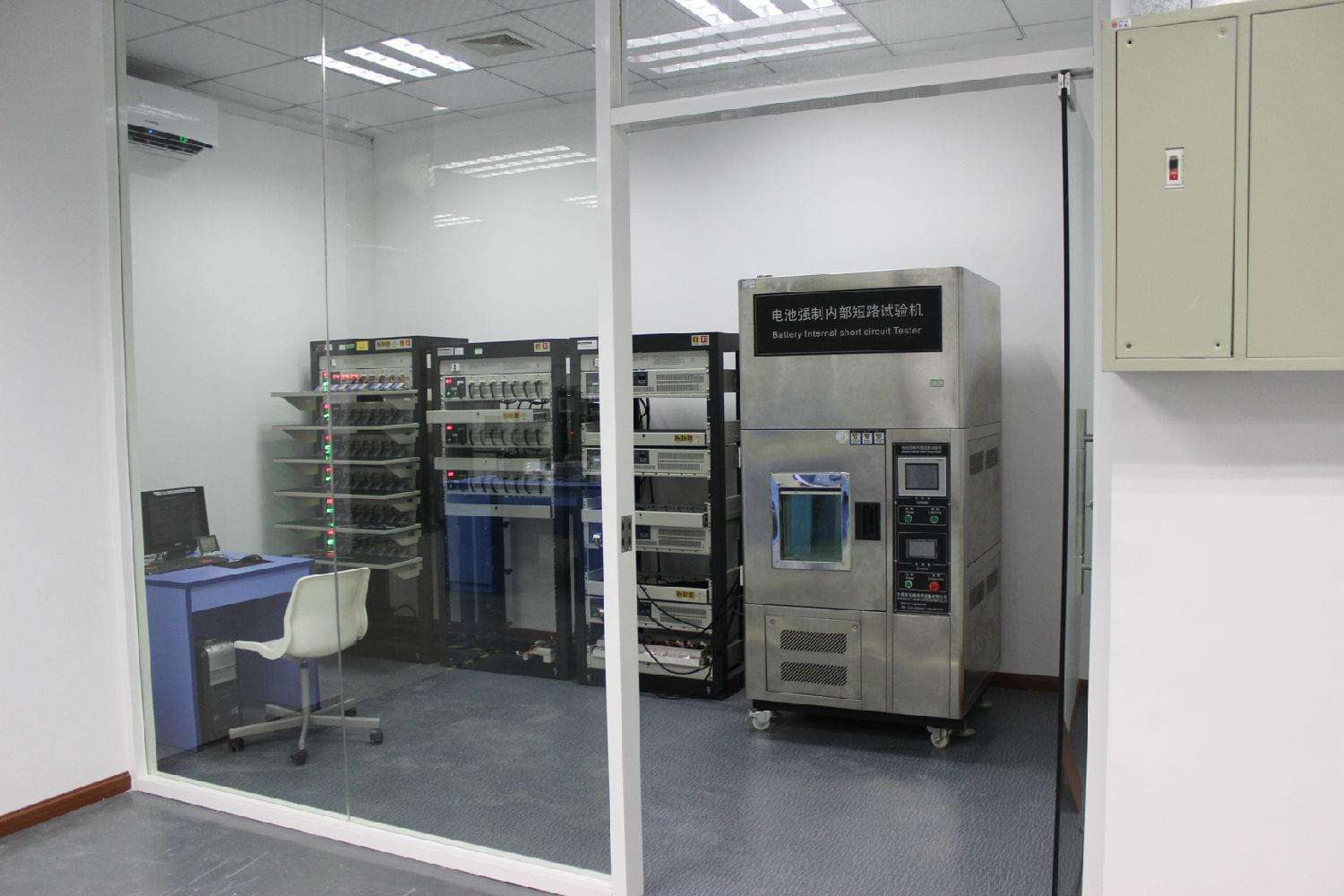How to choose car mounted DVR storage for car mounted hard drives and SD cards
When using an in car DVR, video storage is an essential feature, but when faced with a wide range of storage devices such as HDD, SD, SSD, TF, etc., many people are confused. Which one should I choose? Here, Horsontech provides you with a simple idea: the choice of storage depends on what device you need.
HDD: Mechanical Hard Disk Automotive DVR
.jpg)
This kind of storage device can be interoperability with the storage medium of the computer notebook. It is an almost universal storage method in the industry: plug and play, large storage space, and affordable. However, the hard disk drive uses a mechanical structure to read and write data (the magnetic head at the back of the device). Therefore, the use of HDD hard disk as a storage device requires that the device itself has a shock absorption capability.
Most car mounted DVRs on the market use oil bag shock absorption structures, so choosing an HDD stored car mounted DVR first depends on whether the other party has a shock absorption patent, otherwise your device may be scrapped after several bumps. This provides dual insurance for the use of hard drives.
SD card: Car mounted DVR memory card
When there is insufficient space in the driver's cab, SD card storage is very important. Because the storage medium has become smaller, the body of the corresponding onboard DVR has also become smaller. For small vehicles such as taxis, ride hailing, and driving school coaches, SD on-board DVR is a very practical choice. But installing a DVR with an SD card is not a panacea. Compared with hard drive car DVRs, their storage space and service life are greatly shortened, which is also the main reason why SD card car DVRs are not as popular as hard drive car DVRs.
Solid state drive: Solid state drive in car DVR
Some people say that SSD hard drives are upgrades to HDD hard drives, and there are no issues with device performance, stability, or product performance. However, using solid-state drives for automotive DVRs or hard drives is the key to the device's own application scenarios. If your car needs to be waterproof and the storage space is enclosed, choosing a solid-state drive is inevitable. If your application scenario does not involve waterproofing at all, using an HDD hard drive is clearly a better choice: monitoring the lifespan of the hard drive is the most important thing.
In fact, this issue is not as complex as people imagine, because SSD hard drives in the market are more than 30% more expensive than HDD hard drives with the same storage space. Therefore, most companies still prefer HDD hard drives such as Car DVR even when SSD hard drives are not needed.
TF: Micro SD card storage
As the name suggests: TF card storage is used for lighter and smaller automotive DVR devices. Here is a point: TF cards can be used as SD cards when inserted into the adapter, and SD cards cannot be used in TF card slots.
Dual media storage: hard drive+SD card
This is also the most widely used storage medium in the industry. The car mounted DVR has dual storage media function, and the advantages of dual media include:
1. Mainstream (high-definition recording) can be stored on larger hard drives, while sub stream (universal definition recording) can be stored on smaller SD cards. When you need to call recording, you can choose the corresponding resolution, which can save a lot of traffic.
When there is a large amount of video storage, first store the hard drive, and then store it in the SD card when the hard drive is full. Dual secure storage prevents video loss.
3. You can choose more cost-effective storage media based on the prices of hard drives and SD cards in the market.
 Having over ten years of experience in the manufacturing of tachographs
Having over ten years of experience in the manufacturing of tachographs
 Provide over 20 private mold designs, focusing on independent research and desig
Provide over 20 private mold designs, focusing on independent research and desig
 Over 10 years of R&D and QC experience
Over 10 years of R&D and QC experience